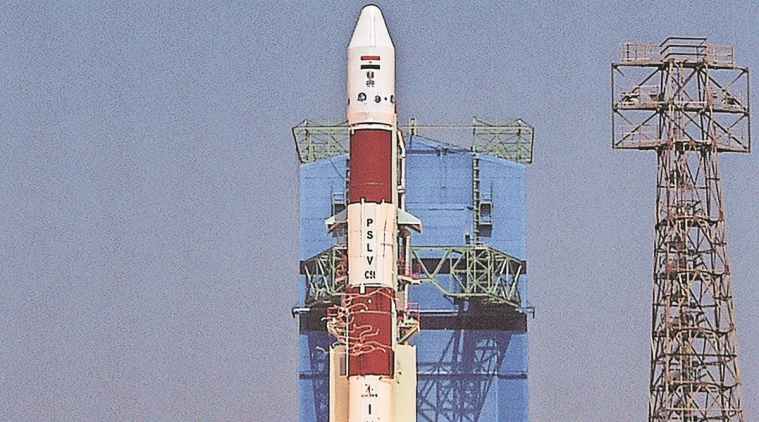In a major breakthrough in the field of space science, scientists at ISRO and IISc Bengaluru have developed a modular, self-contained device to cultivate microorganisms, which has the potential to help scientists in carrying out biological experiments in the space, PTI reported
The study which has been published in ‘Acta Astronautica’ showed how the device activates and tracks the growth of a bacterium called ‘Sporosarcina pasteurii ‘ over a period of time with least human involvement. Understanding the behaviour of the microbes in the extreme environments provides valuable insights for human space missions, the IISc team was quoted as saying in a statement.
Scientists have been working on the theme of using lab-on-chip platforms in recent years which combines multiple analyses into a single integrated chip for such experiments. But when it comes to designing such platforms for outer space in contrast to that used in a lab, there are substantial challenges.
Koushik Viswanathan who is an assistant professor in the Department of Mechanical Engineering and an author of the study told PTI that for outer space the platform has to be completely self-contained. Moreover, he added that one cannot expect the same operating conditions in space as you would get in a normal laboratory setting.
The device, which has been developed by the ISRO and IISc teams, uses a combination of a LED and photodiode sensor to track bacterial growth. The device measures the optical density or scattering of light, in a way similar to the spectrophotometers used in the lab. In addition to the utility of the device for the outer space missions, it can also be used for studying other organisms such as worms, and other non-biological experiments.


